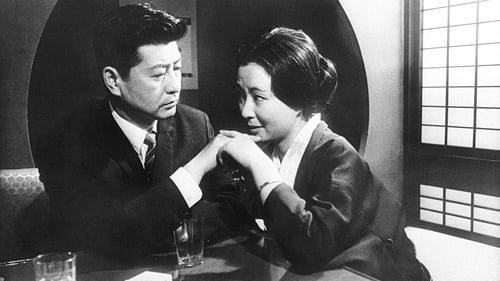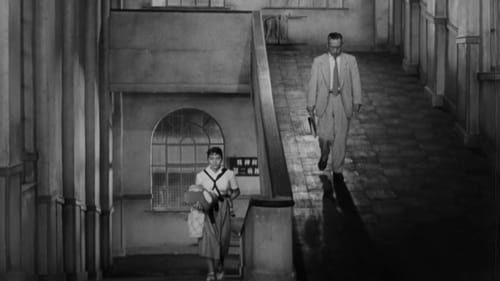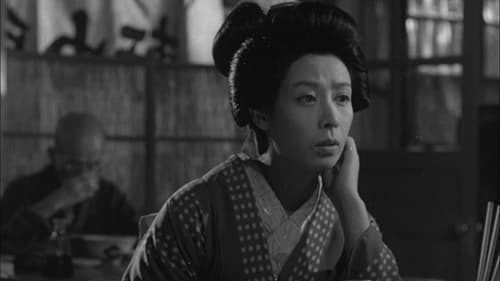
Tetsuya, a worker at a US Air Base who moonlights as a bartender with his bar hostess roommate, dreams to move to the United States one day. Meanwhile, his best friend Jun wants to build a home on some local wasteland. Yet the introduction of Yuki, who they both fall in love with, begins to tear their friendship apart.

Tashiro coincidentally meets his best friend Sugimoto in a bar very close to the apartment in which Sugimoto’s wayward wife is found dead. Although Tashiro is not a suspect in the police investigation, he is racked with guilt and confesses to his wife, Masako. In an effort to further relieve his tortured sense of guilt, he then confesses to Sugimoto. Neither his wife nor his friend can believe that he could have been involved.

Katsuyo Hisatsune
"When human beings venture too far along a trail made by wild beasts, it is said, they quite often discover themselves on a road of no return." Based on the novel of the same name by Seichô Matsumoto.

Mixed-race children in Japan become involved in the petty theft of car parts.

Ayako, a waitress
Story of romance and rivalry between two ad agencies vying for the same account with a pharmaceutical firm.

Gang of robbers quarrel about the loot, but when one of them gets killed, his younger brother seeks them out to ice them one by one.

Miss Saeko

Lavish Japanese-Chinese coproduction based on an ancient Chinese legend about a man who falls in love with a snake goddess in human form.

Matsuzaki
The story of a professional nude model stalked by a bizarre, unknown man wearing a hideous mask.

Secretary Tamiya
町工場を経営する財産家・中島喜一は突然、原水爆とその放射能に対して強い恐怖を抱くようになり、地球上で唯一安全と思われる南米ブラジルへの親類縁者全員の移住を計画する。しかし、このあまりにも突拍子もない行動に対し、現実の生活が脅かされると感じた家族は喜一を準禁治産者として認めてもらうため裁判にかけるのだった。

The story of a couple, a spoiled son and a down-to-earth girl, in Osaka in the early Showa era. The film won the prestigious Blue Ribbon awards for best director, best actor (Morishige) and best actress (Awashima), and the Mainichi Concours award for best actor and best screenplay (Yasumi Toshio). It ranked second (after Naruse Mikio’s Ukigumo) on the Kinema Junpō top ten films for the year.








